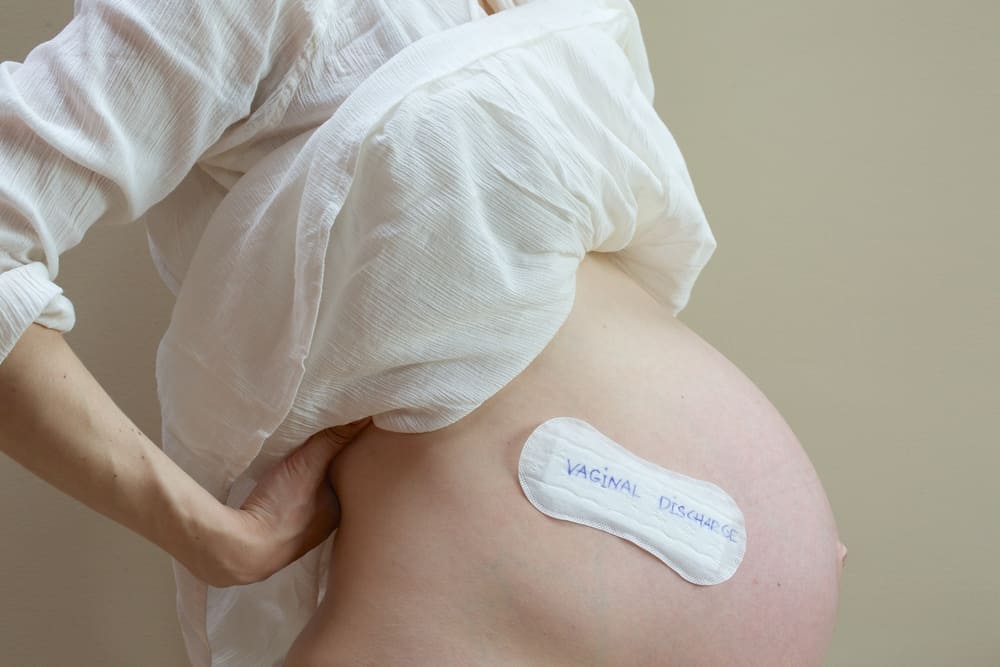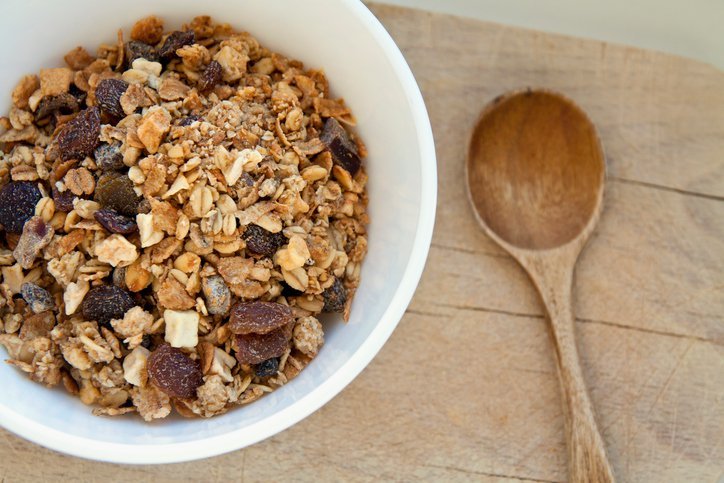Contents:
- Medical Video: Vaginal Diseases - Symptoms, Causes, and Treatments
- What causes vaginal discharge during pregnancy?
- How to overcome vaginal discharge during pregnancy?
- How to prevent vaginal infections during pregnancy?
Medical Video: Vaginal Diseases - Symptoms, Causes, and Treatments
During pregnancy, many problems may occur, one of which is vaginal discharge. Leucorrhoea during pregnancy is a common and normal thing experienced by pregnant women. This is affected by changes in a woman's body during pregnancy. Even so, vaginal discharge during pregnancy must remain vigilant and be dealt with well so as not to get worse.
What causes vaginal discharge during pregnancy?
During pregnancy, the cervix and vaginal walls become softer and produce more mucus or are called vaginal discharge. This is because the body produces more of the hormone estrogen and more blood flows to the cervical area during pregnancy.
Vaginal discharge actually functions to protect the cervix or vagina from bacteria or germs from outside. So, preventing vaginal infections that can move to the uterus and endanger the fetus.
Towards the end of pregnancy, the baby's head pressing against the cervix can cause more vaginal discharge, as quoted from NHS. Sometimes, you might not be able to distinguish this vaginal discharge from urine. In the last weeks of pregnancy, vaginal discharge can also be accompanied by blood spots. This can be a sign that the body is ready to give birth.
Leucorrhoea during pregnancy is normal, but it is important for you to keep monitoring it. So, if at any time there is something strange about your vaginal discharge, you can immediately check with your doctor. If your vaginal discharge changes as below, you should immediately see a doctor, maybe this is a sign from vaginal infection.
- Leucorrhoea changes color, for example, becomes more yellow or greenish
- Removes bad smell
- You feel itching or pain in the vagina
Normal vaginal discharge during pregnancy will have characteristics such as white (like milk) and clear, and does not produce unpleasant odors.
How to overcome vaginal discharge during pregnancy?
Many vaginal discharge that comes out during pregnancy is certainly disturbing. If it is not treated properly, vaginal discharge can make your vaginal area more moist so it is more susceptible to bacterial infections. Therefore, coping with vaginal discharge properly is important during pregnancy. How to?
- If there is a lot of vaginal discharge, you may need to change your underwear more often. So, the humidity of your pubic area is always maintained.
- Always keep your pubic area clean and dry. After bathing, exercising, urinating or large, make it a habit to wipe your pubic area with a soft towel so that it stays dry.
- Clean your vaginal area regularly. You can use warm water to clean the vagina. Or, you can also use vaginal cleansing products (not soap) that contain povidone-iodine, if needed.
- Do not use a tissue with fragrance, scented soap, or vaginal deodorant to clean or simply wash the vagina.
- Don't use douching to clean the vagina because this can irritate the skin and disrupt the balance of natural bacteria in the vagina.
How to prevent vaginal infections during pregnancy?
Preventing vaginal discharge during pregnancy is not possible because vaginal discharge is normal. But, you can do something to prevent you from vaginal infections, because unusual vaginal discharge can be a sign of vaginal infection.
Here are things you can do to prevent vaginal infections:
- Do not use the pantyliner every day during vaginal discharge because it can irritate the vaginal area.
- Do not use a tampon because it can expose new germs into the vagina.
- Use unscented detergent to wash your underwear. Rinse the laundry thoroughly.
- Avoid using scented soap or antiseptic liquid added in the bath.
- Wash your hands before or after touching your genitals.
- Make sure the vagina is well lubricated before intercourse to prevent irritation.
- Choose cotton underwear, so that it easily absorbs sweat. Also choose trousers, shorts, or a loose skirt to wear. So, sweat does not accumulate in the area around the vagina.
- Clean the vagina from front to back, so that germs or bacteria around the anus do not spread to the vaginal area.
- Quitting smoking because smoking makes you more vulnerable to vaginal infections.
- Eat it high probiotic foods, like yogurt because probiotics can help maintain the balance of good bacteria in the vagina.












